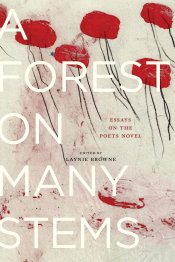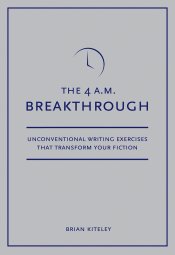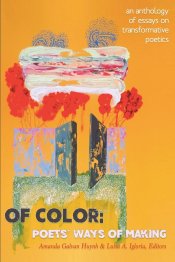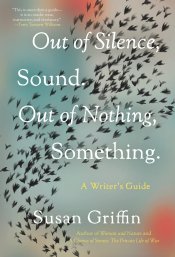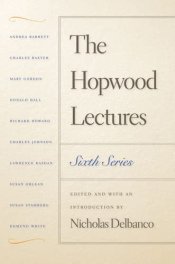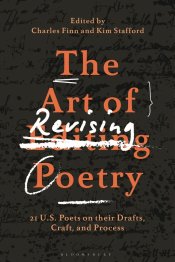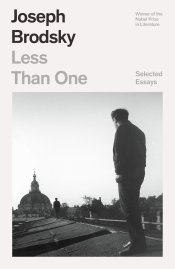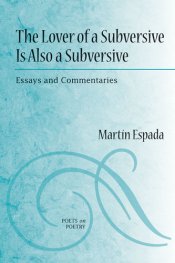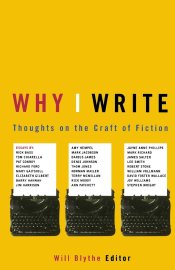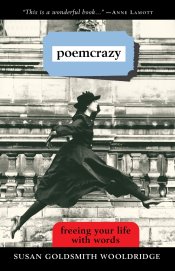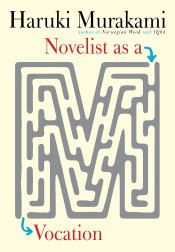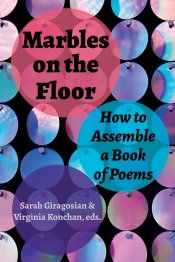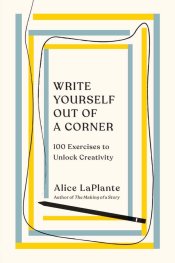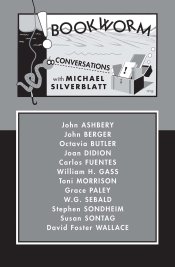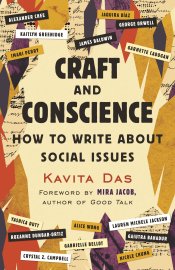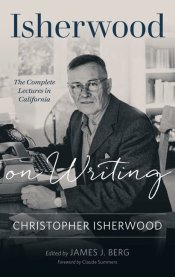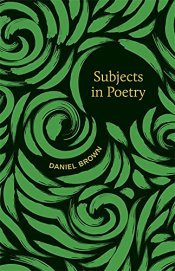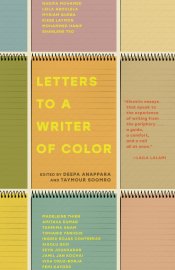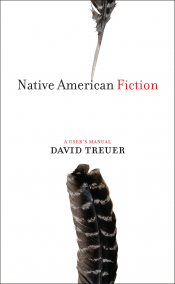How We Do It: Black Writers on Craft, Practice, and Skill

The Pulitzer Prize–winning author of The Tradition (Copper Canyon Press, 2019) collects essays by and interviews with more than thirty acclaimed writers, including Camille T. Dungy, Nikki Giovanni, Charles Johnson, Tayari Jones, Elizabeth Nunez, Carl Phillips, Natasha Trethewey, and Jacqueline Woodson, who together offer an inspiring and informative guide to a wide range of writing styles and craft choices. “How We Do It is a kind of selfish gift,” Jericho Brown writes in his introduction. “I want you to have what I always wanted. Here is an anthology that gives us modes to try on the way we might wear and change clothing. And these wonderful writers are proof that nothing ever beat a failure but a try.” Arranged to defy supposed boundaries between genres, the eight sections of the book include insights and observations intended for “anyone who is a student of the craft.”





